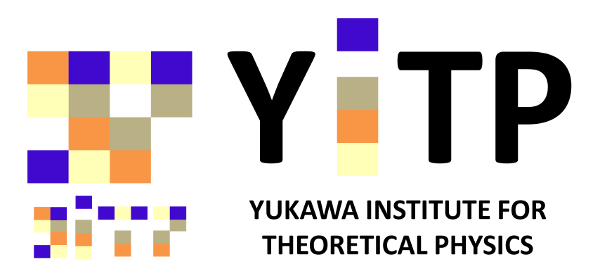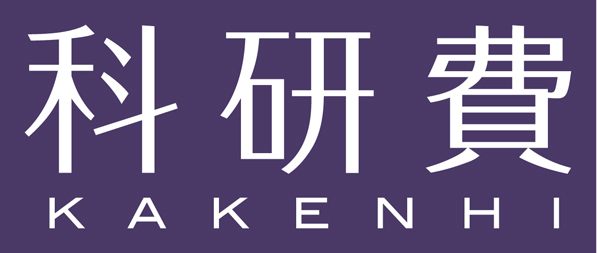Overview
An interface is a surface separating two (possibly distinct) systems. Special cases include boundaries and defects. Interfaces have played a crucial role in physics. For example, in condensed matter physics, impurities or boundaries in real systems are often modeled as interfaces. Using an interface as a probe can be useful in studying the non-local properties of a theory, and as a tool for investigating continuous deformations (e.g. RG flows). In the context of the AdS/CFT correspondence, an interface in a CFT manifests as a membrane-like object (i.e. brane) on the gravity side. Thus, studying interfaces helps us understand branes in quantum gravity.
While interfaces appear frequently in theoretical physics, they still have many unexplored aspects. In contrast to local operators, interfaces possess rich structures due to their non-locality, making their classification problem significantly more complicated. Fortunately, various tools applicable to the study of interfaces have been developed in recent years, leading to many intriguing findings. For example, new properties of interfaces have been revealed through the conformal bootstrap, the AdS/CFT correspondence, and entanglement.
Independently of these developments, research on the fusion of interfaces has also advanced in recent years. Symmetry is essential for understanding the non-perturbative properties of physical systems, and this symmetry analysis essentially corresponds to investigating the response to topological interfaces with a group structure in fusion. Thus, when viewing symmetry as generated by a special set of interfaces, it is natural to consider whether more general interfaces could play a role analogous to symmetry. The mathematical formalization of this idea has made remarkable progress recently, and applications of these generalized symmetries to physical systems are emerging.
As mentioned above, interfaces are of interest not only in theoretical physics, such as condensed matter physics, high-energy physics, and quantum information, but also in mathematics. However, they have developed uniquely across different fields, making it challenging to grasp their full scope. Against this backdrop, this workshop aims to bring together experts from these disparate fields to share developments related to the study of interfaces, and to find new approaches and applications for interfaces from a fusion perspective.
Invited Speakers
- Andreas Karch (UT Austin)
- Brandon Rayhaun (YITP, Stony Brook)
- Christian Copetti (Oxford)
- Gabriel Cuomo (NYU)
- Hirosi Ooguri (Caltech)
- Lorenzo Bianchi (Turin U.)
- Michele Del Zotto (Uppsala U.)
- Rong-Xin Miao (Zhongshan University)
- Sakura Schafer-Nameki (Oxford University)
- Sara Murciano (Caltech)
- Satoshi Yamaguchi (Osaka University)
- Shinsei Ryu (Princeton University)
- Shu-Heng Shao (MIT)
- Sridip Pal (Caltech)
Schedule

To view the abstract for invited talks or short talks, click "View contribution details" on the Timetable, as shown in the figure below.

Registration information
We will have some short talk slots.
There will also be a poster session and we encourage students and young postdocs to present a poster.
The registration deadline will be
December 5, 2025 (Fri).
If you need a visa, you may need to register early.
We will provide support for local expenses for a limited number of young postdocs and students who give presentations. If you wish to request the support, early registration is required.
Acknowledgment
We will be grateful if you acknowledge this workshop in a paper initiated or conducted during this workshop. Here is a sample of acknowledgments:
- The authors thank Yukawa Institute for Theoretical Physics at Kyoto University, where this work was initiated [completed] during "YITP-IAS workshop: Interfaces & Symmetry" (YITP-I-25-04) .
Organizers
- Yuya Kusuki (Kyushu University)
- Justin Kaidi (Kyushu University)
- Marco Meineri (University of Torino)
- Kenta Suzuki (University of Tokyo)
- Tadashi Takayanagi (YITP)
- Yifan Wang (New York University)
Supporting Organizations
This workshop is "YITP International Workshop Led by Young Researchers" supported by Yukawa Institute for Theoretical Physics.
This workshop is also supported by KAKENHI and Kyushu University Institute for Advanced Study.



